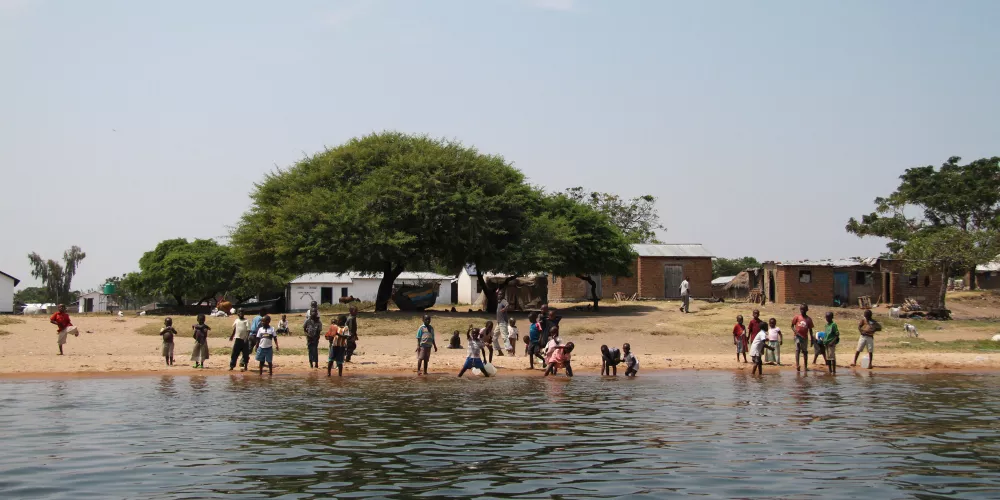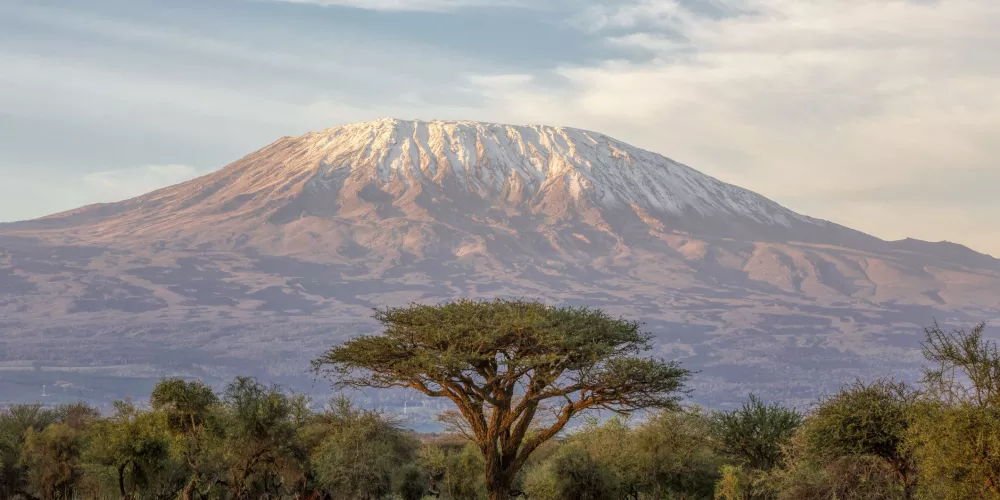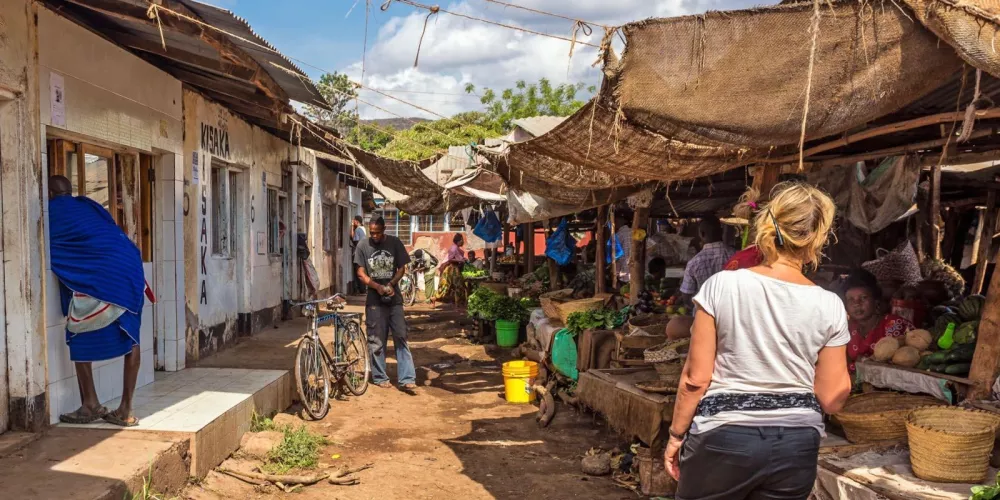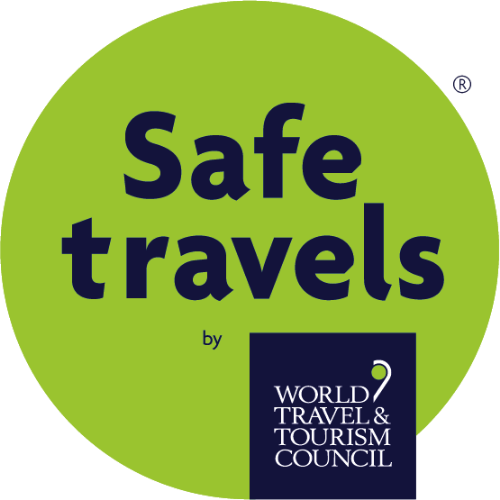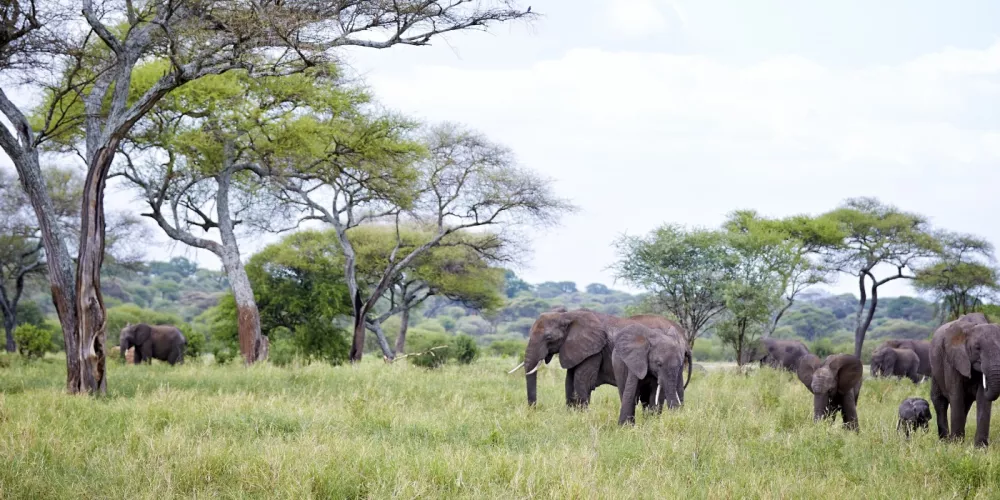
What Vaccinations Do You Need for Tanzania?
One of the most common questions from people heading to Tanzania is what vaccines they might need before boarding the plane. Vaccinations are an important part of traveling because they ensure you stay healthy and comfortable while on vacation.
This guide will cover all the vaccine recommendations for Tanzania. If you have traveled to other areas of East Africa, you might have all the ones you need already.
If you have any medical concerns or questions, make sure to talk to your healthcare provider or go to a travel clinic where the doctors can advise you.
What Vaccines Are Required for Traveling to Tanzania?
Unless you are coming from a country with yellow fever transmission, no vaccines are required to enter Tanzania. If you’re coming from a country with potential yellow fever transmission, you’ll need to show proof of vaccination before being able to go through immigration.
There are other countries in East Africa, like Uganda, that require yellow fever vaccination no matter where you are coming from. Make sure to check all the countries on your East African travel itinerary to see if you need a yellow fever vaccine or not.
COVID-19 vaccines are also not required to travel to Tanzania. It’s your choice whether to get this vaccine or not.
Routine Vaccines for Tanzania
It’s important to stay up-to-date on routine vaccines before traveling. Check the chart below to make sure you’re caught up.
Vaccine | Do I need it? |
COVID-19 | Recommended for everyone that qualifies for vaccination |
Hepatitis A | Recommended for all travelers |
Hepatitis B | Recommended for all travelers, an accelerated schedule is available if no previous doses have been given |
Typhoid | recommended for all travelers. Can either be taken as an injection or tablets |
Yellow Fever | Only required if traveling from a country with a risk of transmission |
Rabies | Recommended for travelers who may come into contact with animals |
What about malaria?
There are several areas of Tanzania that are at high risk for malaria transmission. Malaria does not have a vaccine, but there is medication you can take to avoid becoming infected. You can get a prescription for antimalarials before leaving your country.
Make sure to ask your doctor about the duration you need to take your antimalarials. Some need to be started before your trip and continued after you get home.
Avoiding Illnesses While in Tanzania
Most diseases contracted while traveling in Tanzania can be easily avoided. Make sure to always eat at restaurants that follow safe food handling practices. You should also wash your hands before every meal.
If you’re not sure of safe places to eat, ask your safari guide or the reception desk at your hotel.
You should also avoid drinking tap water. Only drink bottled water. Make sure all iced drinks are made with clean water. It’s also best to avoid juices and smoothies if you aren’t sure how they were prepared.
Other diseases, like malaria, are spread by mosquitoes. The best way to avoid mosquito bites is to wear insect spray, especially in the evening. You should also sleep under a mosquito net every night.
What to Do if You Get Sick While in Tanzania
Large cities like Arusha and Dar es Salaam have excellent medical infrastructure. You can expect the same standard of care as you would get in your home country, especially at international hospitals and clinics.
Many international places offer travel medical insurance, which can help you if you happen to need a procedure or inpatient services.
Depending on what your symptoms are, they might take a blood or stool sample. Tanzania has all the same medicines you can expect to find back home, so you can easily get treatment for diseases like malaria and typhoid.
What is the most common illness among travelers to Tanzania?
The good news is that most travelers do not get serious illnesses while in Tanzania. However, it’s common for people to get traveler’s diarrhea, especially if it’s their first trip abroad.
Traveler’s diarrhea can be treated with anti-diarrheal medicine. If you continue to have symptoms for several days, though, you might want to seek medical care to make sure it’s nothing more serious.
Preparing for Your Trip to Tanzania
If you aren’t sure whether to get vaccines or not, make an appointment at a travel clinic or ask your doctor. They can give you the best advice. They can also give you prescriptions for antimalarials.
Getting vaccines before traveling is one of the best ways to prevent illness. It also allows you to travel worry-free!





